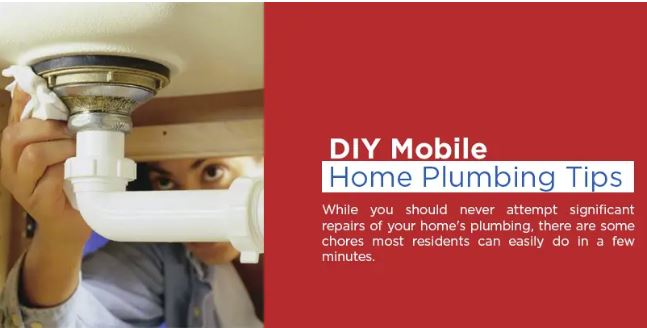
Maintaining your home’s plumbing system is essential for preventing costly repairs and ensuring the efficient flow of water throughout your house. While some plumbing issues may require professional assistance, there are several DIY tips you can follow to keep your plumbing in top condition. From preventative maintenance to addressing minor repairs, here are some valuable tips to help you maintain your plumbing system and avoid common problems.
1. Preventative Maintenance
Regularly inspecting your plumbing system can help catch minor issues before they turn into major problems. Take the time to visually inspect exposed pipes for any signs of leaks, corrosion, or damage. Addressing these issues early can prevent water damage and save you money on repairs in the long run.
2. Know Your Shut-Off Valves
In case of a plumbing emergency, knowing the location of shut-off valves is crucial. Familiarize yourself with the main shut-off valve for your water supply, as well as individual shut-off valves for sinks, toilets, and appliances. Being able to quickly shut off the water can help minimize damage in the event of a leak or burst pipe. Once the valve is shut off, contact the 24-hour emergency hotline at (441) 298-0881 for the professional plumbers at BAC Group to address your emergency plumbing problem.
3. Unclog Drains Naturally
Instead of resorting to harsh chemicals, consider using natural methods to unclog drains. A mixture of baking soda and vinegar followed by hot water can effectively break down organic matter and clear minor clogs. This eco-friendly approach is safer for your pipes and the environment.
4. Use Drain Screens
Installing drain screens in sinks, showers, and tubs can help prevent clogs by catching hair, soap scum, and debris. Regularly clean the drain screens to ensure they remain effective in preventing clogs. This simple step can save you from the frustration of dealing with blocked drains and the expense of hiring a plumber.
5. Check Toilet Flappers
A leaking toilet can waste a significant amount of water and lead to higher water bills. Periodically check the toilet flapper for signs of wear and tear, as a faulty flapper is a common cause of leaks. Replace the flapper if necessary to prevent water wastage and keep your toilet functioning properly.
6. Fix Dripping Faucets
A dripping faucet not only wastes water but can also drive up your water bill. Don’t ignore a dripping faucet—instead, replace worn-out washers or cartridges to stop the drip. This simple repair can save you money on your water bill and prevent water wastage.
7. Monitor Water Pressure
High water pressure can put stress on pipes and fixtures, leading to leaks and other issues. Use a pressure gauge to check the water pressure in your home, and adjust it if necessary to prevent damage. Maintaining proper water pressure can prolong the life of your plumbing system and prevent costly repairs.
8. Invest in Quality Fixtures
When it comes time to replace plumbing fixtures, invest in high-quality products that are built to last, like our premium line of Kohler fixtures. While less expensive fixtures may be tempting, they often wear out more quickly and require frequent repairs or replacements. Investing in quality fixtures can save you money in the long run and ensure the reliability of your plumbing system.

